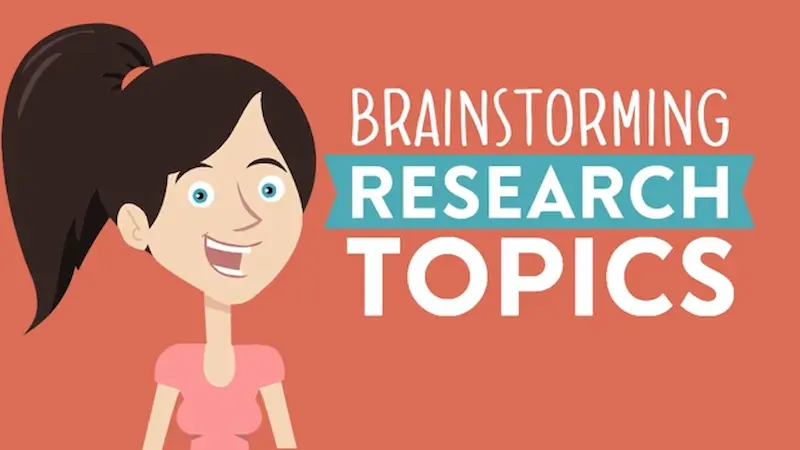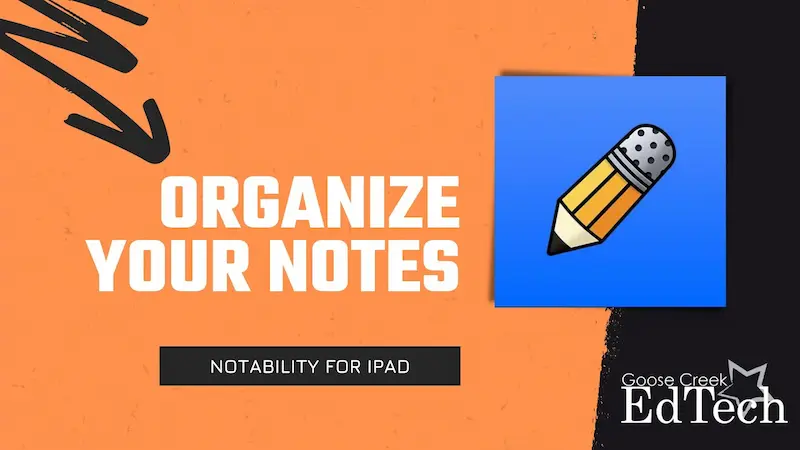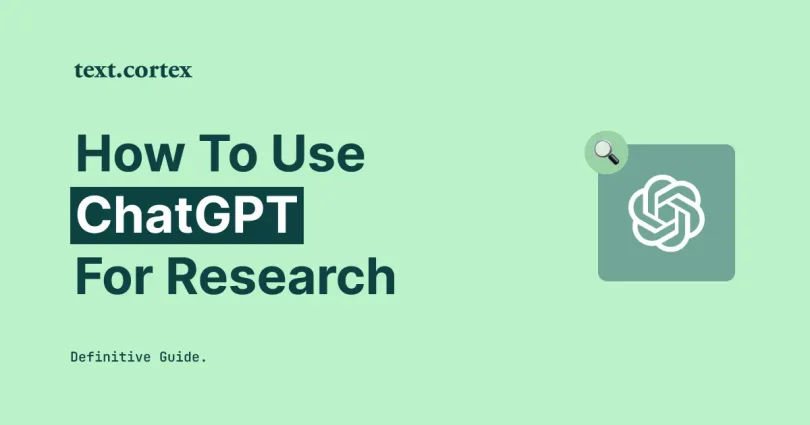Research can feel overwhelming—whether you’re writing an essay, preparing a report, or making a presentation. The endless searching and organizing often takes more time than the actual writing. That’s where AI tools like ChatGPT come in.
Learning how to use ChatGPT for research is like having a smart assistant by your side. Instead of wasting hours, you can ask it to suggest topics, outline your paper, or simplify tricky concepts.
For example, if you’re studying social media and mental health, you can prompt ChatGPT:
“Suggest five research angles on social media’s impact on mental health.”
In seconds, you’ll have clear directions to start with—making research faster, easier, and less stressful.
1. Brainstorming Research Topics

One of the hardest parts of research is deciding where to begin. You might know the general subject you want to explore, but narrowing it down into a strong, manageable topic can be tricky.
This is where ChatGPT shines. By giving it a broad subject, you can generate multiple angles for potential research.
Example prompt:
“I want to write a research paper on climate change. Can you suggest specific topics I could explore?”
ChatGPT might suggest topics like:
- “Impact of climate change on food security.”
- “Renewable energy solutions in urban areas.”
- “The role of climate policy in reducing emissions.”
Pro tip: Be as specific as possible when prompting. Instead of just saying “history,” ask: “Suggest 10 research topics about women’s role in World War II.” The more detail you provide, the better the results.
2. Creating Research Questions
Once you have a topic, the next step is forming research questions that give your work direction. A well-defined question helps you filter relevant information and avoid getting lost in unrelated details.
Example prompt:
“My topic is renewable energy in developing countries. Can you create 5 research questions that could guide my essay?”
ChatGPT might suggest:
- “What challenges do developing countries face in adopting renewable energy?”
- “How do renewable energy projects impact rural communities?”
- “What role does government policy play in promoting renewable energy adoption?”
By having solid questions, you’ll know exactly what information you’re looking for.
You may also like to read this:
13 Top Free Online Project Management Courses 2025
Top15 Growth Mindset Strategies And Tips For Students
Guide To Start An Online Tutoring Business | Step-By-Step
How To Clear Cache on iPhone | Speed Up Your Device Fast
How To Set Up A Smart Light | Easy Guide For Beginners
3. Finding Sources (With AI Assistance)
This step is often the most daunting. How do you find credible sources for your essay or project? While ChatGPT doesn’t directly pull in academic papers, it can guide you toward the right databases, journals, and search strategies.
Example prompt:
“I’m researching renewable energy adoption in Africa. Which databases or websites should I use to find reliable academic papers?”
ChatGPT may recommend platforms like Google Scholar, JSTOR, ResearchGate, ScienceDirect, or World Bank Reports. It can also help you build search strings with the right keywords.
Bonus tip: If you paste in an article abstract or summary, ChatGPT can help you decide whether the source fits your research or not.
4. Summarizing Articles and Papers
Let’s be honest—reading long, dense academic articles can drain your energy. Instead of tackling every page, you can paste parts of the paper into ChatGPT and ask it for a summary.
Example prompt:
“Here’s an abstract from a research paper. Can you summarize it in three main points?”
This way, you’ll quickly grasp the core arguments and decide whether the source is worth diving deeper into.
5. Understanding Complex Concepts
Academic research is full of jargon and technical terms. Sometimes, you’ll encounter concepts that feel impossible to understand. ChatGPT can break them down into simple language, making your research process much smoother.
Example prompt:
“Explain the concept of carbon offset markets in simple terms, like you’re teaching a beginner.”
This not only makes things clearer but also helps you explain them better in your own writing.
6. Organizing Your Notes

Collecting research is one thing, but organizing it is another challenge altogether. ChatGPT can help you categorize your notes into themes, timelines, or arguments.
Example prompt:
“Here are my notes on renewable energy. Can you organize them into categories like challenges, benefits, and policies?”
This organization makes it easier to move from scattered notes to a structured draft.
7. Drafting Outlines
A good outline acts like a map—it shows you exactly where your paper is going. Once you’ve gathered research notes, ChatGPT can create a structured outline for your essay, presentation, or research report.
Example prompt:
“Based on these notes about renewable energy, can you create a detailed outline with an introduction, three body sections, and a conclusion?”
This will save you time and give you a clear structure to follow when writing.
8. Writing Sections of Your Paper
Writer’s block is a common problem. Even when you know what to say, starting can be tough. While you should always make the work your own, ChatGPT can help draft introductions, conclusions, or transition sentences to get you going.
Example prompt:
“Can you write an engaging introduction for a research paper on renewable energy adoption in developing countries?”
You can then edit and refine it to match your voice.
9. Generating Citations and References
Citations are necessary—but they can be a nightmare. APA? MLA? Chicago? Each style has its own rules. Luckily, ChatGPT can generate properly formatted citations when you give it the details (author, title, year, publisher, etc.).
Example prompt:
“Here’s the information for a source. Can you create both an in-text citation and a reference entry in APA style?”
This ensures accuracy and saves you from manually formatting each entry.
10. Polishing Your Final Draft
The final stage of research is making your work clear, polished, and professional. ChatGPT can proofread your draft, improve sentence flow, and check for readability.
Example prompt:
“Here’s my research essay draft. Can you suggest improvements for clarity and flow?”
This step helps you turn a rough draft into a well-polished final version.
Extra Tips for Using ChatGPT in Research
To make the most out of ChatGPT, keep these tips in mind:
- Be specific with prompts. Vague questions give vague answers. Provide details like your subject, target audience, and preferred style.
- Use it as a guide, not a replacement. ChatGPT works best as an assistant—it won’t replace academic research or critical thinking.
- Verify your sources. ChatGPT can suggest directions, but you still need to double-check facts with credible references.
- Iterate your prompts. If you don’t like the first answer, rephrase your question or ask for a different version.
Final Thoughts
Mastering how to use ChatGPT for research is like unlocking a productivity superpower. Instead of getting lost in endless searches, you now have a tool that helps you brainstorm topics, generate research questions, find sources, summarize articles, and polish your final draft.
The key, however, is to use ChatGPT as an assistant, not a replacement. It won’t do the research for you, but it will guide, simplify, and speed up the process—making your work more focused and effective.
So the next time you’re working on an essay, project, or presentation, remember: research doesn’t have to be stressful. With ChatGPT by your side, it becomes a smarter, faster, and more enjoyable journey.
FAQs: How To Use ChatGPT For Research
1. Is it okay to use ChatGPT in academic research?
Yes, but with caution. ChatGPT is a fantastic tool for brainstorming, simplifying complex ideas, creating outlines, and improving your writing. However, it should not replace reading actual sources or doing original research. Think of it as a helpful assistant—not the final authority.
2. Can ChatGPT provide reliable sources?
Not directly. ChatGPT doesn’t pull live academic papers (unless connected with plugins or web browsing features). What it can do is guide you on where to look—such as Google Scholar, JSTOR, ResearchGate, or subject-specific databases. Always double-check facts with credible, published sources.
3. Will using ChatGPT count as plagiarism?
It depends on how you use it. If you copy-paste large chunks of AI-generated text without editing or attribution, it may raise concerns. However, if you use ChatGPT for idea generation, summaries, outlines, and editing, and then write your own work, you’re in the clear.
4. Can ChatGPT generate citations correctly?
Yes, ChatGPT can create citations in APA, MLA, Chicago, or Harvard formats when you provide details (author, title, year, publisher, etc.). Still, always double-check with a citation guide or reference manager (like Zotero or Mendeley) to ensure accuracy.
5. Does ChatGPT replace libraries or research databases?
No. ChatGPT can guide your search and save you time, but libraries, academic journals, and databases remain the gold standard for credible research. Use ChatGPT as a companion tool, not a substitute.




